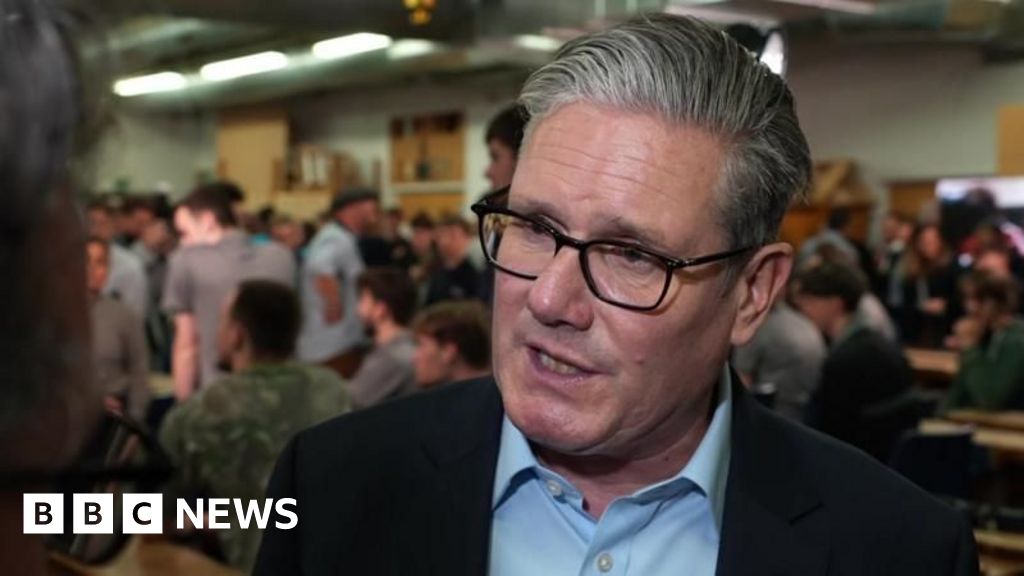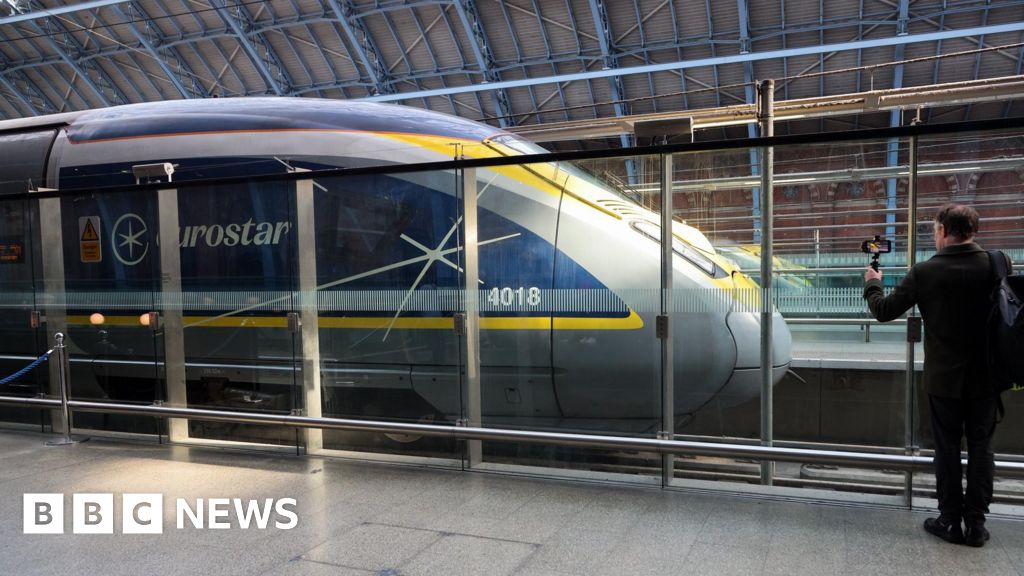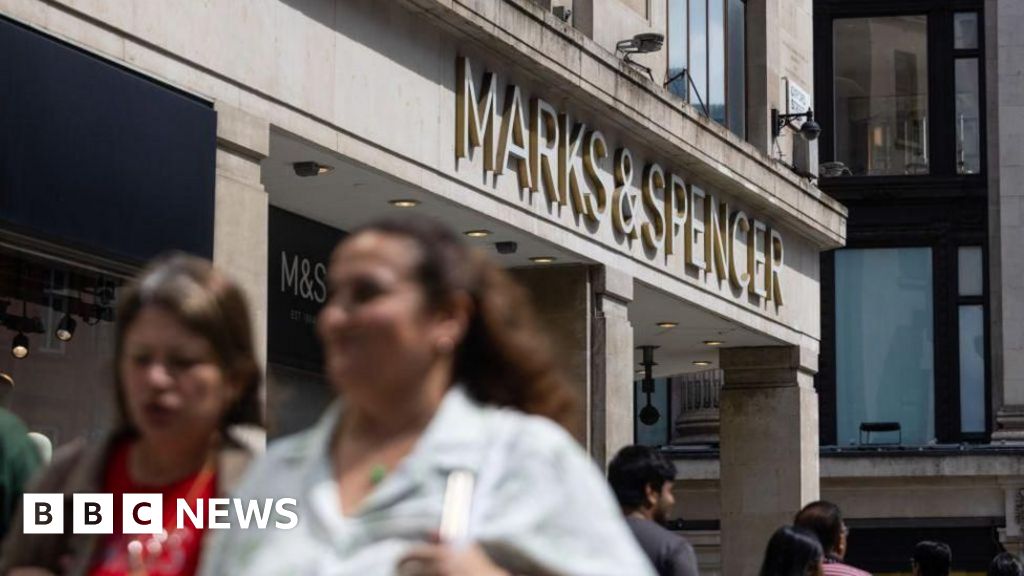ARTICLE AD BOX
Image source, Getty Images
Image caption,Uber also raised prices by 10% in London in November
Uber has said it may soon have to start charging its UK customers VAT at 20%, after a High Court judgement, pushing up the cost of rides.
It comes after a judge ruled that UK private hire taxi operators must make contracts with their customers.
It could have far-reaching consequences for the industry and Uber said it expected others to follow suit.
It follows a separate judgement this year which found Uber drivers should be treated as employees not contractors.
At the time, Lord Justice Leggatt suggested this ruling meant that a private hire operator such as Uber had to enter into a contract with its customers when it accepted a booking, rather than the passenger only having a contract with the driver of the vehicle.
Unlike most private drivers, Uber is a VAT-registered business, so this would oblige the ride-hailing firm to start charging the tax.
Uber went to the High Court seeking to challenge this suggestion - and the High Court has now upheld it.
A spokesperson for Uber said: "Every private hire operator in London will be impacted by this decision, and should comply with the Supreme Court verdict in full."
A spokesperson for Transport for London which regulates private hire operators in London said it "notes" the judgement.
"All operators will need to carefully consider the Court's judgment and take steps to ensure that they comply with it, including considering whether any changes to their way of working are required," he added.
'Transform the minicab industry'
The case referred to the Private Hire Vehicles (London) Act 1998 which only applies in the capital, but Uber and the App Drivers and Couriers Union, which was a defendant in the case, both expect the ruling to be followed by licencing authorities across the UK.
James Farrar, general secretary of the App Drivers & Couriers Union (ADCU), said: "Rather than fix its broken business model, Uber was determined to double down on misclassification at the cost of worker rights, passenger safety and the avoidance of VAT.
"Our victory will now make misclassification unlawful, transform the London minicab industry for the better and finally eradicate sector wide worker rights abuses."

 3 years ago
88
3 years ago
88








 English (US) ·
English (US) ·